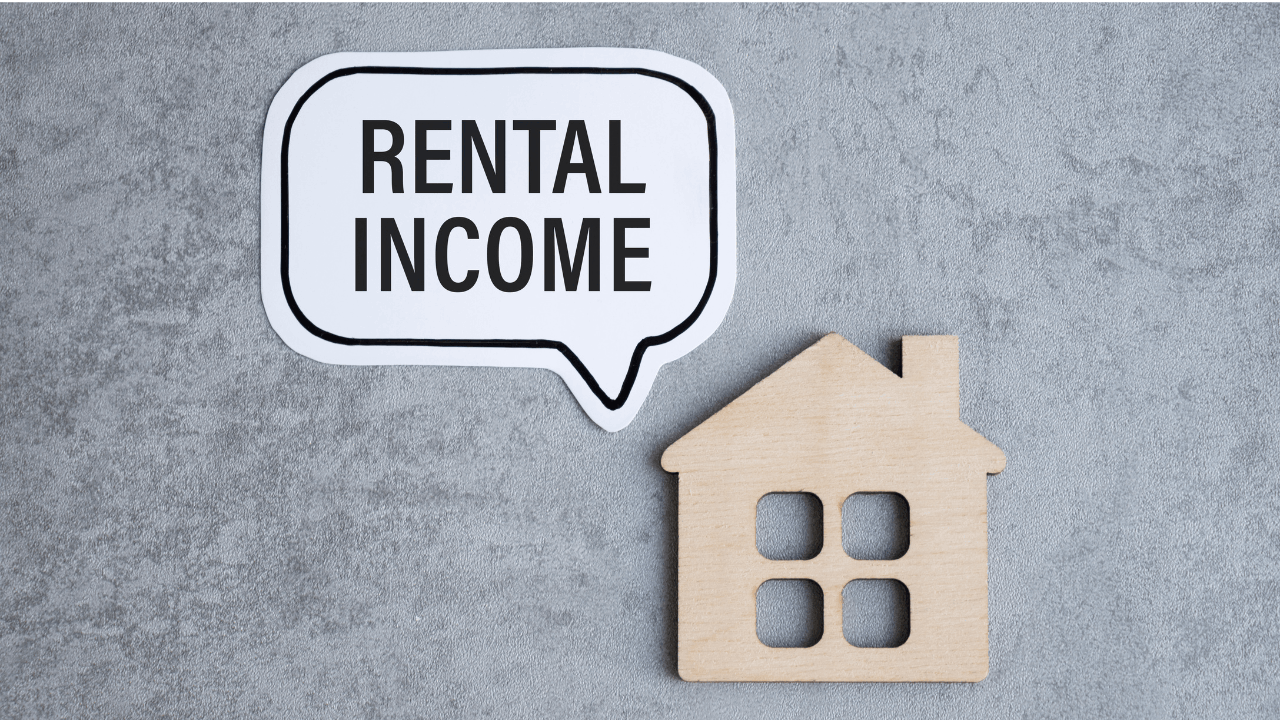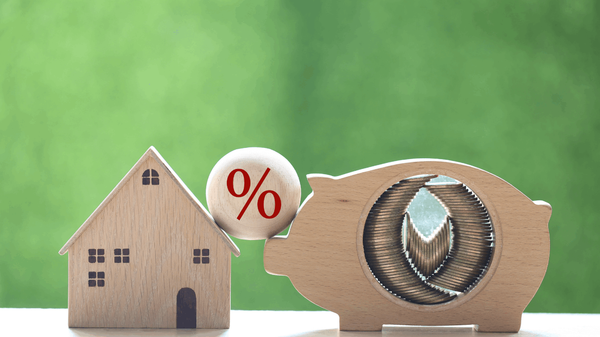Why Real Estate Continues to Be a Smart Long-Term Investment

Let’s be honest—navigating the investment world can be overwhelming. The stock market is unpredictable, cryptocurrency is notoriously volatile, and even traditional assets like gold have their ups and downs. But real estate? It remains one of the most dependable wealth-building tools out there.
If you’re wondering whether real estate is still a smart place to invest, the answer is a strong yes. Here’s why it consistently stands out among other investment options.
1. Real Estate Helps You Build Wealth

1.1 Property Appreciation
Over time, real estate tends to increase in value. This natural rise—called appreciation—means that owning a home or investment property can pay off significantly down the road.
1.2 Growing Equity
With every mortgage payment, your ownership stake increases. This "forced savings" boosts your net worth and gives you access to equity you can leverage in the future.
2. A Physical Asset You Control

2.1 You’re in Charge
Unlike most investments, real estate gives you full decision-making power. You control how it’s used, improved, or monetized—whether you choose to rent it, renovate it, or live in it.
2.2 Practical Utility
Not only is it an investment, but it’s also a functional space. You can live in it, rent it out, or repurpose it—it’s a real, usable asset with everyday value.
3. Reliable Income Through Rentals

3.1 Steady Monthly Cash Flow
If you own a rental property, the rent collected each month can serve as a consistent revenue stream—especially in high-demand neighborhoods.
3.2 Passive Income Potential
With a property manager or the right systems in place, your rental can operate with minimal oversight, generating income while you focus on other things.
4. Significant Tax Advantages

4.1 Deductible Expenses
Mortgage interest, property taxes, and some operating costs can be deducted, reducing your taxable income significantly.
4.2 Depreciation Benefits
Depreciation lets you write off part of your property’s value each year, offering a legal way to reduce taxes—even while your property may be increasing in value.
5. Real Estate Offsets Inflation

5.1 Rental Increases Track Inflation
As the cost of living goes up, rental rates typically follow—ensuring your income grows with inflation.
5.2 Properties Appreciate Over Time
Unlike cash that loses buying power, property values tend to keep up with or outpace inflation, making your investment stronger over time.
6. The Power of Leverage

6.1 Buy Big with a Small Investment
Real estate lets you control a large asset with a relatively small upfront cost, thanks to financing options like mortgages.
6.2 Higher ROI Over Time
Even small increases in property value can lead to significant returns when leverage is involved, making your money work harder for you.
7. Less Volatility Than Other Investments

7.1 More Stable Than Stocks or Crypto
Property markets typically move slower and are less reactive to daily news, making them more stable during economic uncertainty.
7.2 Resilience Through Market Cycles
While real estate isn’t immune to downturns, history shows it tends to recover and appreciate over the long haul.
8. Strong Portfolio Diversification

8.1 Reduces Overall Investment Risk
Real estate can help balance out volatility from other investments like stocks or crypto, creating a more stable portfolio.
8.2 Doesn’t Mirror Stock Market Trends
Because it operates differently than the equities market, real estate can perform well even when other assets underperform.
9. Housing Demand Keeps Rising

9.1 More People, More Demand
Population growth and urban migration continue to increase the need for housing, which helps drive property values and rental income.
9.2 Limited Inventory = More Value
With finite land and zoning restrictions, supply remains limited. This scarcity adds long-term value to owned property.
10. Emotional and Personal Rewards

10.1 Sense of Ownership
Owning real estate offers pride, stability, and the peace of mind that comes with having a permanent place to call your own.
10.2 Total Customization
Unlike renting or investing in abstract assets, your property is yours to modify and personalize however you choose.
Conclusion
Real estate continues to shine as a long-term investment thanks to its wealth-building power, inflation protection, passive income potential, and financial stability. While no investment is without risk, real estate remains one of the most practical and rewarding choices for those looking to grow their wealth and secure their future.
If you're aiming to build financial independence, owning real estate can be one of the smartest moves you’ll ever make.
FAQs
1. Is real estate still a smart investment in 2025?
Yes—real estate continues to provide steady returns, tax benefits, and long-term appreciation, even as markets shift.
2. What happens if the housing market dips?
Short-term declines may happen, but real estate generally recovers over time. It’s a long-term game, not a quick flip.
3. Do I need a lot of money to start investing in property?
Not always. Options like low-down-payment loans, partnerships, or REITs make it accessible for many.
4. How can I find a good investment property?
Focus on areas with high rental demand, strong job markets, and properties that have potential for value-add upgrades.
5. Can I invest in real estate without managing a property myself?
Yes! REITs, turnkey investments, and property managers make passive real estate investing a reality.
Categories
Recent Posts











7997 W. Sahara Ave. Suite 101, Vegas, NV, 89117, United States
